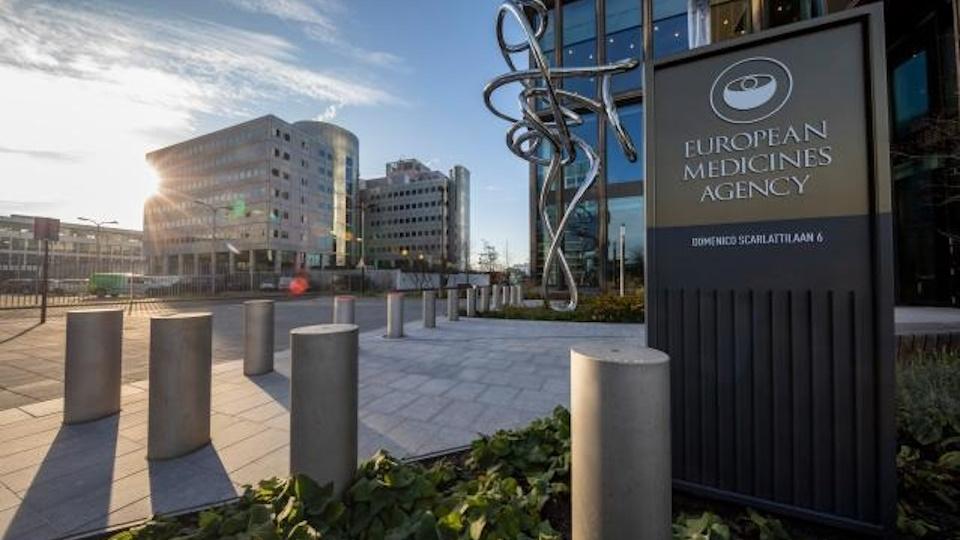Eisai and Biogen facing delay to Leqembi in Europe

Around 14 months after Eisai and Biogen’s Leqembi was filed for approval in the EU, the bloc’s regulatory authority has delayed making a decision on the Alzheimer’s drug.
According to Eisai, the delay by the EMA has been made for procedural reasons, rather than any issues with the regulatory package for Leqembi (lecanemab), which has been approved in the US, Japan, and China.
It is a consequence of a 14th March legal ruling by the Court of Justice of the EU “on the organisation of EMA’s Scientific Advisory Groups (SAGs) attendance, [which] has implications on EMA’s policy on the handling of competing interests of experts,” said the pharma company.
The EMA said in January it would convene an SAG for Leqembi to assist in the review of the amyloid-targeting drug, which is vying to become the first Alzheimer’s therapy that addresses an underlying mechanism thought to be involved in the disease.
The consequence is that the EMA has had to annul advice it received from its neurology SAG on 11th March and schedule a fresh meeting at some point in the future, said Eisai. That meant that a discussion of the marketing application last week by the EMA’s human medicines committee, the CHMP, was not able to take place.
SAG meetings are convened to deliver independent advice on specific scientific and technical matters for products being reviewed by the CHMP and are called in at the discretion of the regulator. They happen, for example, when there are diverging views or split opinions within the CHMP on clinical grounds.
Analysts at RBC Capital Markets have suggested that the delay could push an EU decision on Leqembi into the second half of the year. Eisai had been predicted the review would conclude before the end of the second quarter.
Eisai serves as the lead of lecanemab development and regulatory submissions globally, with both Eisai and Biogen co-commercialising and co-promoting the product, although, Eisai has final decision-making authority.
Sales have been slow to grow in the US, where it was approved first, and Eisai recorded just $7 million in sales in the last quarter of 2023. It has predicted that Leqembi could make almost $9 billion per year at its peak, but slow uptake has led some analysts to rein in their forecasts.
Competition could be on the way, with Eli Lilly’s donanemab also heading for regulatory decisions in 2024, although, the FDA’s deliberations on that drug have also been delayed by a decision to seek the advice of independent advisors.













